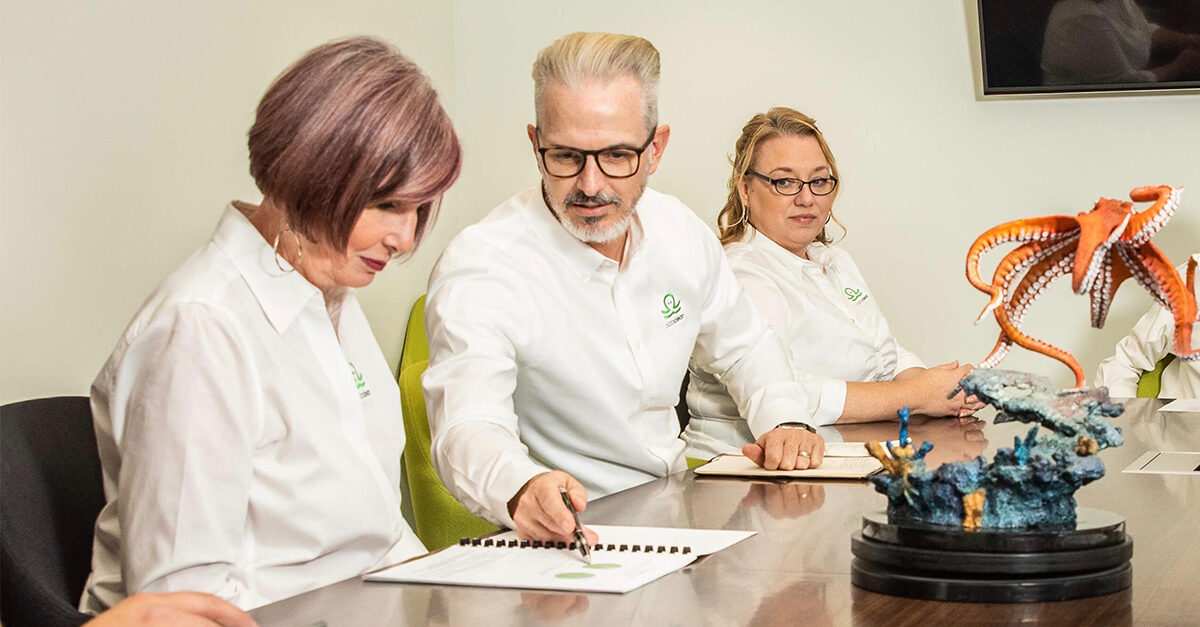The cleaning industry has played an integral—and for the most part—unseen role in battling COVID-19. Many unexpected challenges have tested our business during this uncertain time. Fortunately, we’ve adapted to the circumstances by implementing steps that have helped us overcome our biggest hurdles as a franchisor, such as the inability to train face-to-face, a compromised supply chain, and worried franchise owners.
Here are five steps franchisors can take to create solutions to today’s new challenges:
1. Review your service schedules
Customers are scared and they have every right to be. As industry leaders it is our job to reassure them that we are doing all we can to keep them safe, but not overpromise. Before you or your franchises begin making promises, take inventory of the services you already offer.
As a team, review your service schedules and ask your customers to do the same. Next, make changes where necessary, but be careful to create realistic expectations. While additional services, like disinfection, may be required, your front-line teams still need to get paid. Be explicit that these services are offered for an additional cost.
2. Train your franchises
Industry standards are changing every day and your methods need to reflect those changes. Designate one person on your corporate team to attend informational webinars and read updated guidelines and recommendations from the U.S. Centers for Disease Control and Prevention (CDC), Association for the Health Care Environment (AHE), and ISSA. Use that information to create your own training materials and present them to your franchises through mandatory webinars.
You can host a webinar on a variety of different platforms that automatically record and share materials with participants. You may find that attendance and engagement is much higher in webinars than face-to-face classes. We did. Webinars are a productive and cost-effective way to train even after social distancing orders are lifted.
3. Distribute personal protective equipment (PPE)
Front-line teams need to be protected. While there is a widespread shortage of PPE, order what you can and ration that supply among your franchises. Schedule a required training session to ensure workers are wearing PPE appropriately based on the CDC’s recommendations, and only when necessary.
If your franchises work with medical institutions, it is important to ensure all parties have the appropriate PPE and have established a protocol for positive COVID-19 cases. You can’t help protect your medical clients if they don’t help protect you.
4. Stay connected
Disinfection isn’t always pretty. Some disinfectants may leave streaks, or residue, on surfaces. Help your franchises educate non-medical customers on what to expect with a high level of disinfection on a daily basis. The best way to communicate is through email marketing, social media, and on your website.
If social distancing has taught us anything, it is that our company’s online presence matters. In addition to providing a communication channel, an online presence can help you establish credibility. Share your industry knowledge in blog posts, spotlight your front-line teams on social media, provide a detailed range of services on your website, and update customers via email.
5. Make quality control a priority as a franchisor
Quality control is only as effective as your communication. Make regular calls and site visits, if possible, to ensure your customers are satisfied and your franchises have the resources that they need. Make sure disinfectants from the EPA’s N List are on every cleaning cart or caddy. Check that disinfectants are labeled correctly and workers are following the product instructions. One misstep can have major consequences.
This is not the first or last time that we will face a public health crisis. Although we would all like to think we were prepared, we weren’t. COVID-19 has stressed the importance of having protocols in place that we can reference in times of emergency. Not every franchisor or cleaning business will make it out of this pandemic. Only those who can adapt to the circumstances will keep existing clients and secure new ones.




